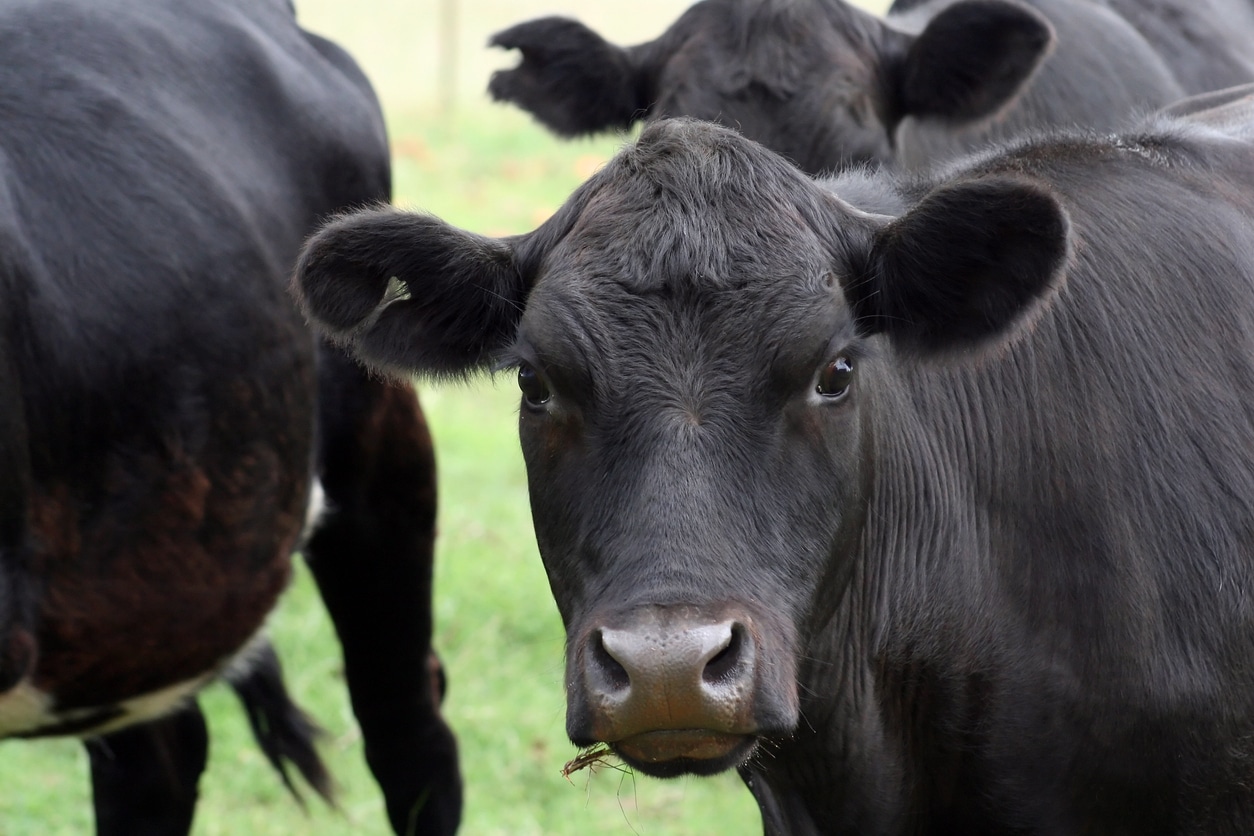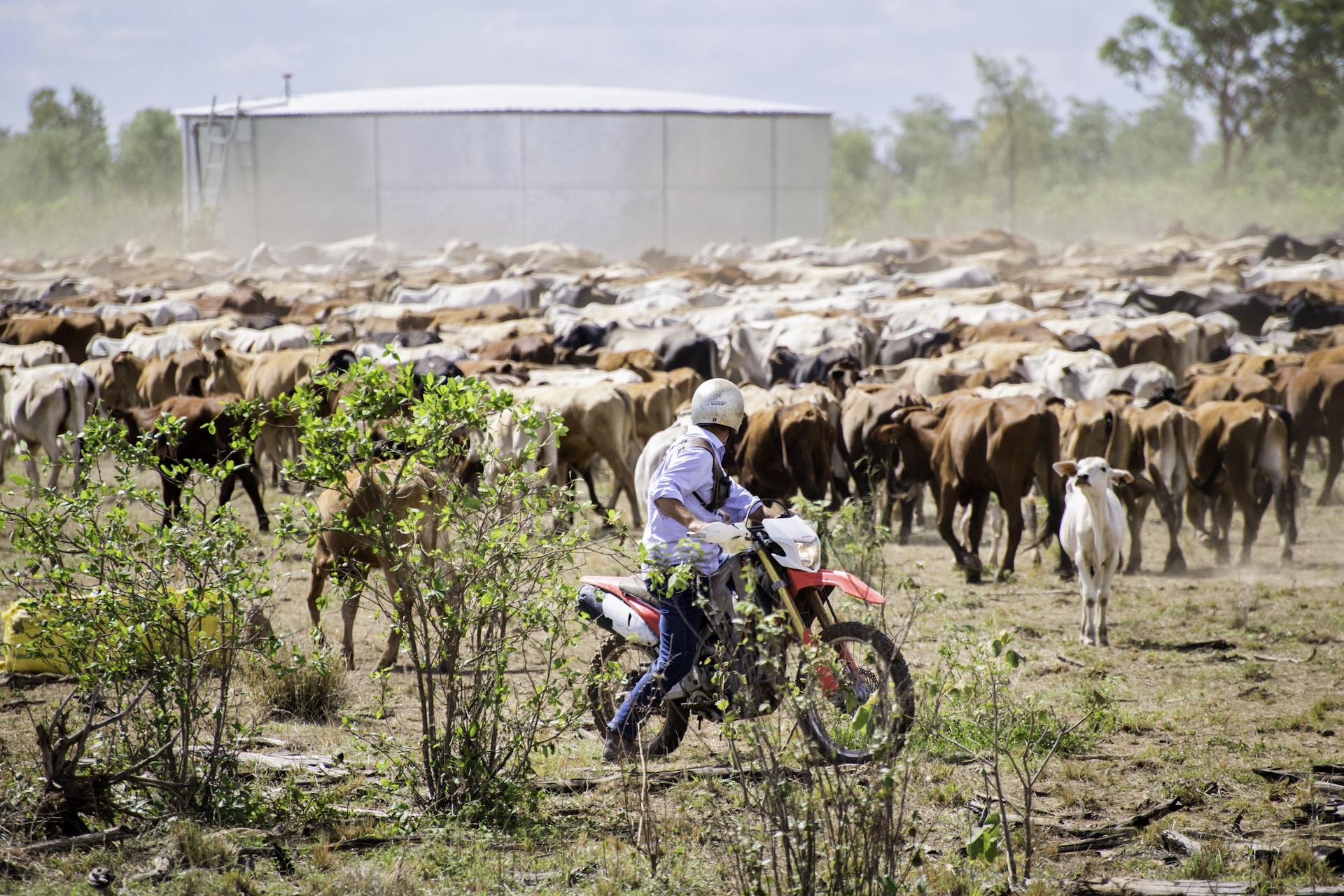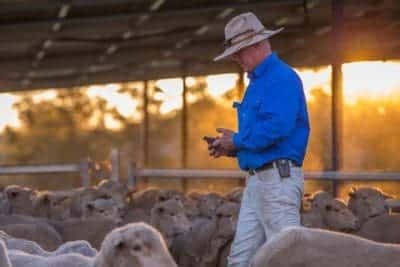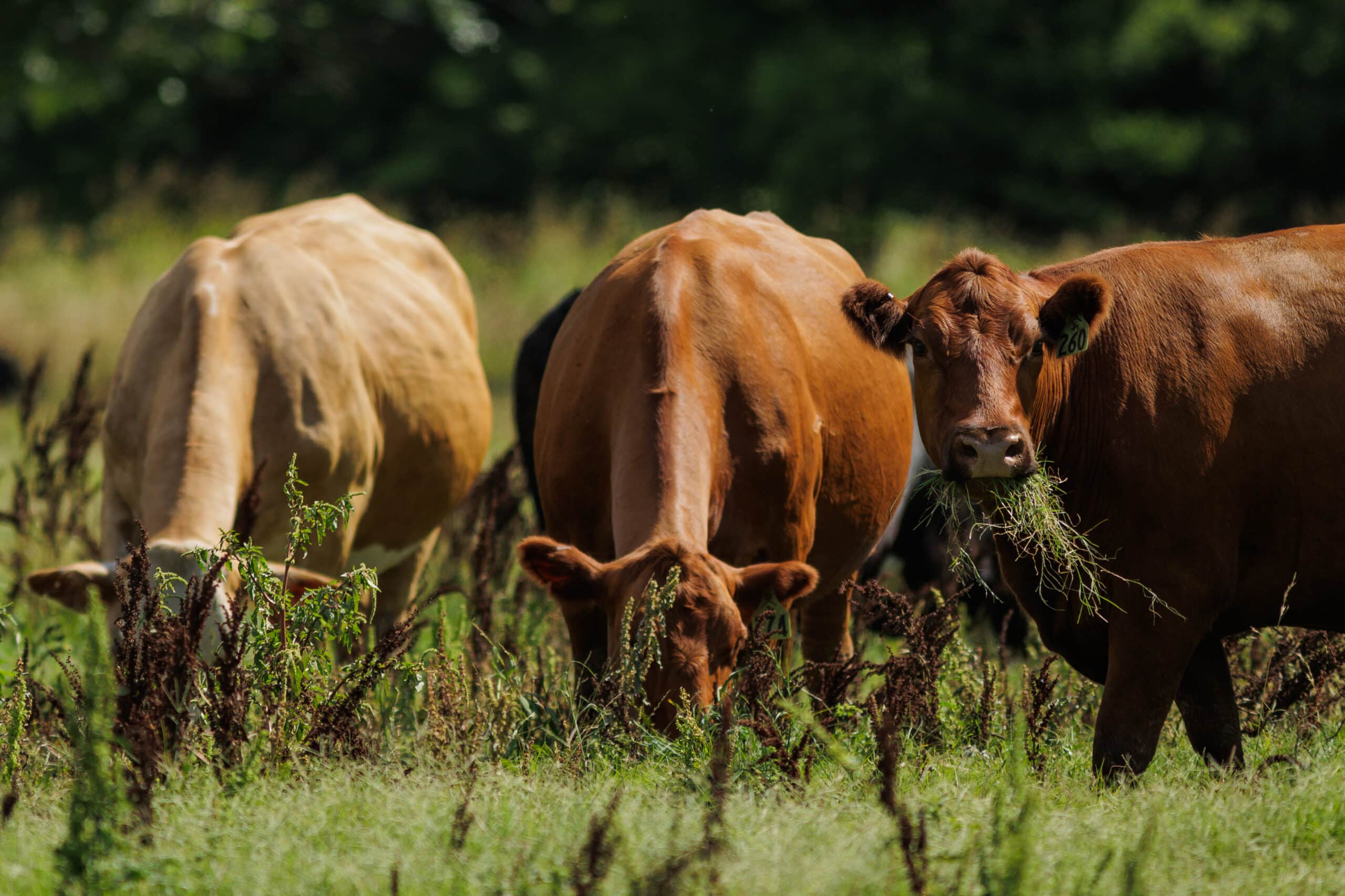What does an integrated beef supply chain mean?

In the UK, the beef industry supply chain consists of several players at each stage. Generally, there is little inter-connectivity between different stages. Resultantly, beef quality varies greatly as there is such a range in genetics, diet and production systems. An integrated supply chain encourages communication between all stakeholders in the production of beef such as farmers, processors, distributors, retailers, and consumers.
All joined-up
An integrated approach is a network of companies working together to improve efficiency and profits whilst reducing waste and, in some cases, deliberately working to reduce greenhouse gas emissions. Through effective communication of what is happening and why (whether on-farm or consumer purchasing behaviour), it should be easier to manage the supply chain while keeping wastage and costs to a minimum.
We can rely on transparency and traceability through this system and every aspect of the beef production process is optimised to produce a high-quality product with fairer prices to every stakeholder.
Which retailers have such supply chains?
In the UK a number of retailers have started up integrated supply chains. The industry leaders are Sainsbury’s with their Game Changer programme, but others also see the importance and value in this system. More on this later.
For example, Aldi offers a “Beef Cross Dairy” programme that integrates beef and dairy supply chains from farm to retailer. Their current focus is Scotch Aberdeen Angus beef and injects certainty and confidence into the Scottish beef farming industry.
Another example is Waitrose, that has a supply chain called “Cattle Connect”. Their dairy bulls are sent for rose veal production and their dairy cows are artificially inseminated with beef bull semen. This means surplus calves have good beef quality and are retained in the Waitrose supply chain.
Woodheads owned by Wm Morrison Supermarkets Limited have their own abattoir and meat processing operations which ensures full traceability and control over their supply chain. This menas that consumers can be confident in the origin of their meat bought from Morrisons.
Sainsbury’s have teamed up with ABP’s Blade Farming and AgriWebb to produce an integrated beef supply chain using the very best Aberdeen Angus genetics. They have called it Game Changer. AgriWebb provides farmers in the scheme with access to livestock management software and this helps Blade and Sainsbury’s predict what will be ready and by when. Importantly, by focussing on achieving a kill weight in a shorter finishing time, Sainsbury’s can market the emissions reductions as a result. And their research shows this is something that affects consumer decision-making.
How does rearing work in an integrated system?
Rearers order their calves that have been bred using specific genetics. Then, rearers receive calves at ten days old. They follow strict protocols to ensure high quality welfare. After 12 weeks, the calves transfer to a finisher farm.
In an integrated supply chain, rearers avoid paying marketing fees or commission charges. In the case of Sainsbury’s Game Changer, the programme covers working capital.
How does finishing work in this system?
Finishers receive their calves at around 12 weeks. Due to high end genetics and breeding programmes, the beef cattle finish by 20.5 months. This is some 4 months sooner than the typical age allowing finishers to have more batches through their farm and therefore make more profit.
What are the general benefits compared to supply chains that are not integrated?
As the same company has oversight over the entire supply chain, there is more control. Moreover, it means guaranteed and transparent pricing. Typically, they offer farmers a set price per kilogram of beef they produce. This then avoids market volatility and allows them to make plans for the future. Ultimately, it means more security and stability.
Integrated programmes raise their Beef cattle to be strong and resilient using the very best genetics and highest performing farms. So, cattle have a higher feed conversion ratio, require less antibiotic use and spend fewer days on farm.
Retailers who use integrated supply chains can be confident that their products are fully traceable. They are also much more sustainable as they much more likely to use 100% British beef, cut waste and emissions at each step in the process, and use surplus dairy calves in the beef industry. Therefore, these are qualities they can advertise to their consumers and help build trust in their brand.
What is the benefit for a farmer?
Joining an integrated supply chain can have multiple benefits to farmers depending on your circumstances and requirements.
Some integrated supply chains like Gamechanger are ideal for young entrants, those with limited-sized farms, or those that want a diverse channel of income without moving too far away from livestock farming. Importantly, rearers and finishers don’t require huge capital outlay. The calves, feed, and veterinary support are usually provided by the scheme whilst the farmer needs to cover housing, bedding, water, electricity and labour.
Farmers involved in the system can also tap into industry leading genetics and have guaranteed regular income and around-the-clock support.
Finishers receive calves that have a full health history including vaccinations and are high performing and growing fast. They can transfer onto a finisher diet quickly and often reach their goal weight ahead of time.
AgriWebb’s partners
Learn more about AgriWebb’s supply chain partners here.



